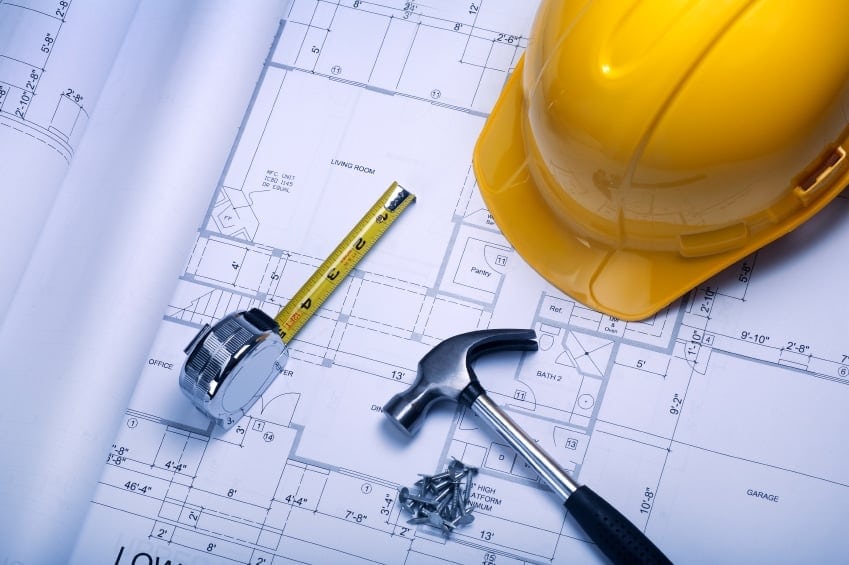Avoid Condo Building Headaches with Preventative Maintenance
If you’ve ever lived in a condo complex, chances are you’ve come to dread walking up to the front door at the end of a long day and seeing that dreaded 8½ X 11 sheet of paper taped to the glass:
“Residents: Due to an issue with (insert broken thing here), you will be without (insert something important here, like heat, water, or electricity) for (insert an amount of time that’s far too long to be without important thing here). Apologies, Management.”
This can be frustrating! Doubly-so when you start to dwell upon the fact that you pay fees and live in a condo precisely so you don’t have to worry about or deal with things like broken furnaces, busted water pipes, or problem fuse boxes. Sure, these issues are getting handled, but only after things have gone wrong. If you find yourself nodding along in agreement as you read this, we’ve got two words for you: preventative maintenance.
How to Get Your Board Onboard
Having issues taken care of and repaired before they become actual problems is a huge quality-of-life improver, but it can take some work to make it happen. The first step is to get your board seriously invested in putting together a quality Reserve Fund Study (RFS), so that it’s possible to keep track of how much money is coming in and where it’s being spent. Source an engineer to make this happen, so that the building can be given a thorough, knowledgeable once-over. Have a few board members head this up and take ownership of the RFS – preferably, board members who are familiar with the building, and can point out what needs to be looked at ahead of time. A great RFS will include colour photos, clear descriptions on the state of things, a Likert scale denoting when repairs would be necessary, and a breakdown of the costs associated with each proposed repair. Having an RFS like this in place will allow you to plan out what needs doing – and will ensure you’ve got the budgeted finances to take care of it all.
Pointers for Being Preventative
Once you’ve got that brand-new RFS in place, it’s time to get to work! Preventative maintenance can take a lot of planning, and a bit of trial and error to get right, so learn from our experience with these great tips:
- Plan ahead.
Because your maintenance will be preventative and not reactionary, take the time to plan everything to a tee. Is the asphalt about ready to be replaced? Don’t rush to do it this year – get some quotes, review the project, and then schedule it for next year, confident that you’ve got the right team and the best price for the job.
- Batch repairs together.
It’s much more cost-effective to have a drywaller come out and repair 20 scratches in the wall than to bring her in for just one or two repairs each time. Bucket these sorts of minor repairs together to save money – and be sure to communicate to residents when these repairs are scheduled to happen, so that they’re in the know and don’t just think they’re being ignored.
- Mechanical.
More so for condos than townhomes, mechanical costs can be intimidating. Be sure a walkthrough of all mechanical elements is being conducted every six months so that your board can keep an eye on things, and knows when they’ll need to factor costly mechanical work into the maintenance schedule.
- Communication.
One of the biggest ways to keep residents happy and to save costs is through communication. Short notices informing folks to keep their windows closed during the winter in order to avoid freezing and bursting pipes can save stacks of money in the long run!
- Building Envelope Audit (BEA).
Less of a concern for smaller complexes, buildings with +80 units should consider having a BEA done – similar in scope to an RFS, but more concerned with the building’s exterior, which is not typically covered within a standard RFS.
It’s good for boards to be spending money – that’s why you pay condo fees, after all! What’s important is that this money is being spent wisely and at the appropriate times, which is what you should be concerned with. Interested in learning more about preventative maintenance plans and hearing what’s worked and hasn’t worked for other local condo owners? Check out Alberta Condo Owners for Change, a Facebook group dedicated to bringing Alberta condo owners together to converse, share experiences, and change condo ownership in Alberta for the better!

